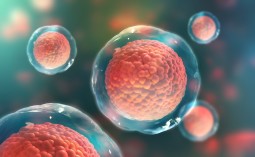
Stem cell science v. hype (start time: 00:57) Clinics offering stem cell therapies and other forms of so-called regenerative medicine are cropping up in many states, including Colorado. Practitioners of stem cells, are touting them as repairing damaged cartilage, tendons and joints, and even treating diseases such as Parkinson’s and Alzheimer’s. While the science looks promising, it seriously lags the marketing of stem cell therapies. Last year the FDA, which has yet to regulate the clinics, issued a warning about stem cell therapies.
Laura Beil, a science journalist and producer of the podcast Bad Batch, recently wrote a cover article in Science News about the hype and the latest science of stem cells. She talks with host Susan Moran about her reporting. (For more info, check out this new BBC program on stem cell “hope and hype.”)
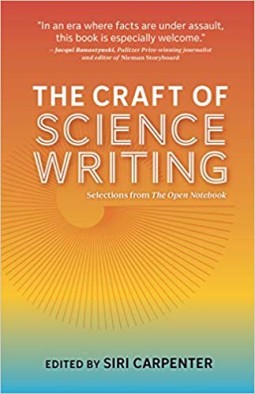 Science for the Rest of Us (start time: 16:38) At a time our own government leaders vilify science and reinvent facts, it seems as important as ever that journalists and the public at large grasp and translate scientific research. A new book, The Craft of Science Writing, offers tips on how to find credible experts (whether on the corona virus or vaccines or climate change), separate truth from spurious assertions, and make sense of scientific studies. The book is aimed at science writers, but it can be a guidepost for anyone who wants to make science more accessible. Alex Witze, a science writer who co-authored the book Island On Fire: The Extraordinary Story of a Forgotten Volcano, is a contributor to the new book. She discusses the art of decoding and appreciating science with hosts Susan Moran and Joel Parker.
Science for the Rest of Us (start time: 16:38) At a time our own government leaders vilify science and reinvent facts, it seems as important as ever that journalists and the public at large grasp and translate scientific research. A new book, The Craft of Science Writing, offers tips on how to find credible experts (whether on the corona virus or vaccines or climate change), separate truth from spurious assertions, and make sense of scientific studies. The book is aimed at science writers, but it can be a guidepost for anyone who wants to make science more accessible. Alex Witze, a science writer who co-authored the book Island On Fire: The Extraordinary Story of a Forgotten Volcano, is a contributor to the new book. She discusses the art of decoding and appreciating science with hosts Susan Moran and Joel Parker.
Hosts: Susan Moran, Joel Parker
Producer: Susan Moran
Engineer: Joel Parker
Executive Producer: Beth Bennet
Listen to the show here:
Podcast: Play in new window | Download (Duration: 27:49 — 25.5MB)
Subscribe: RSS

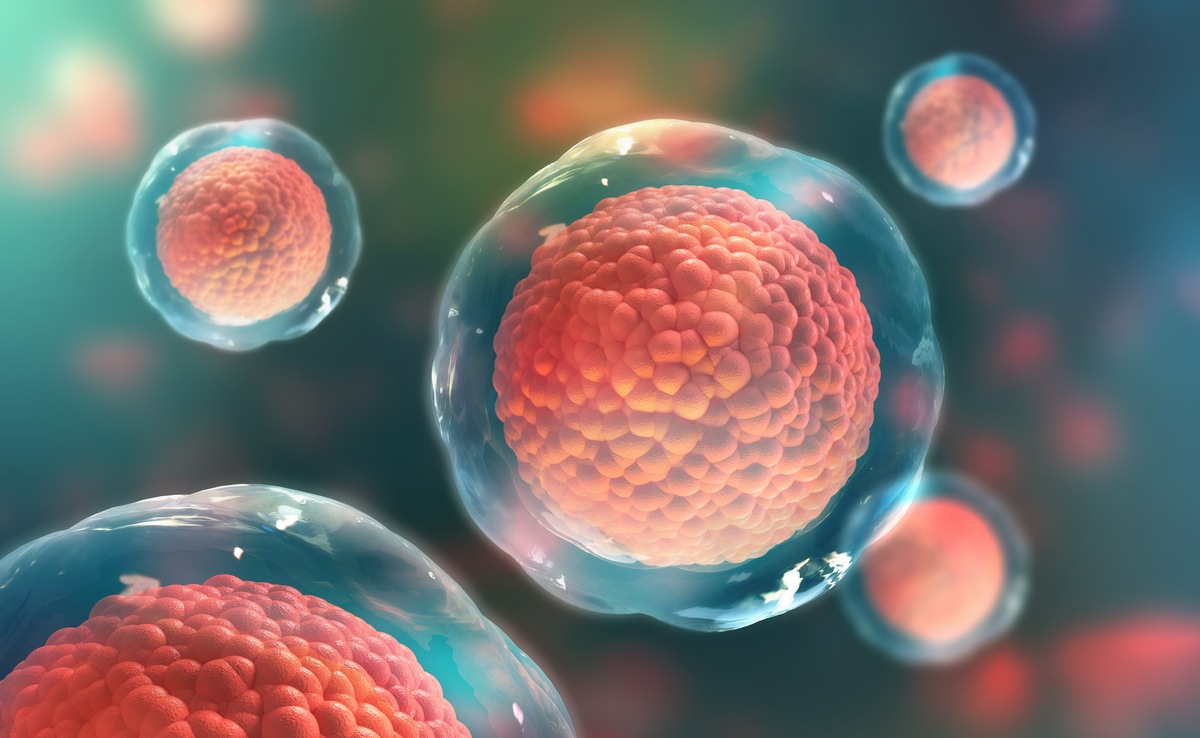


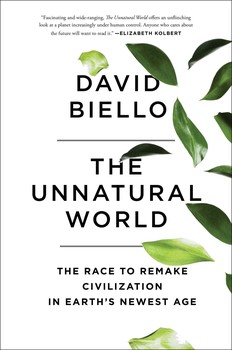
 The Unnatural World (start time: 6:58): It’s an audacious topic for a book: the planet, and audacious individuals who are working to save — actually, to remake — human civilization and our home on Earth.
The Unnatural World (start time: 6:58): It’s an audacious topic for a book: the planet, and audacious individuals who are working to save — actually, to remake — human civilization and our home on Earth. 
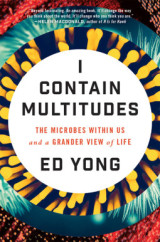 Multitudes of Microbes (start time: 3:38): You may find it unsettling to learn that our human cells make up only half of our bodies. The other half is a bunch of microbes (in the neighborhood of 40 trillion), all living and reproducing in, and on, our bodies. What’s more, these invisible machines could have a powerful influence on your brain, and on your overall health.
Multitudes of Microbes (start time: 3:38): You may find it unsettling to learn that our human cells make up only half of our bodies. The other half is a bunch of microbes (in the neighborhood of 40 trillion), all living and reproducing in, and on, our bodies. What’s more, these invisible machines could have a powerful influence on your brain, and on your overall health. 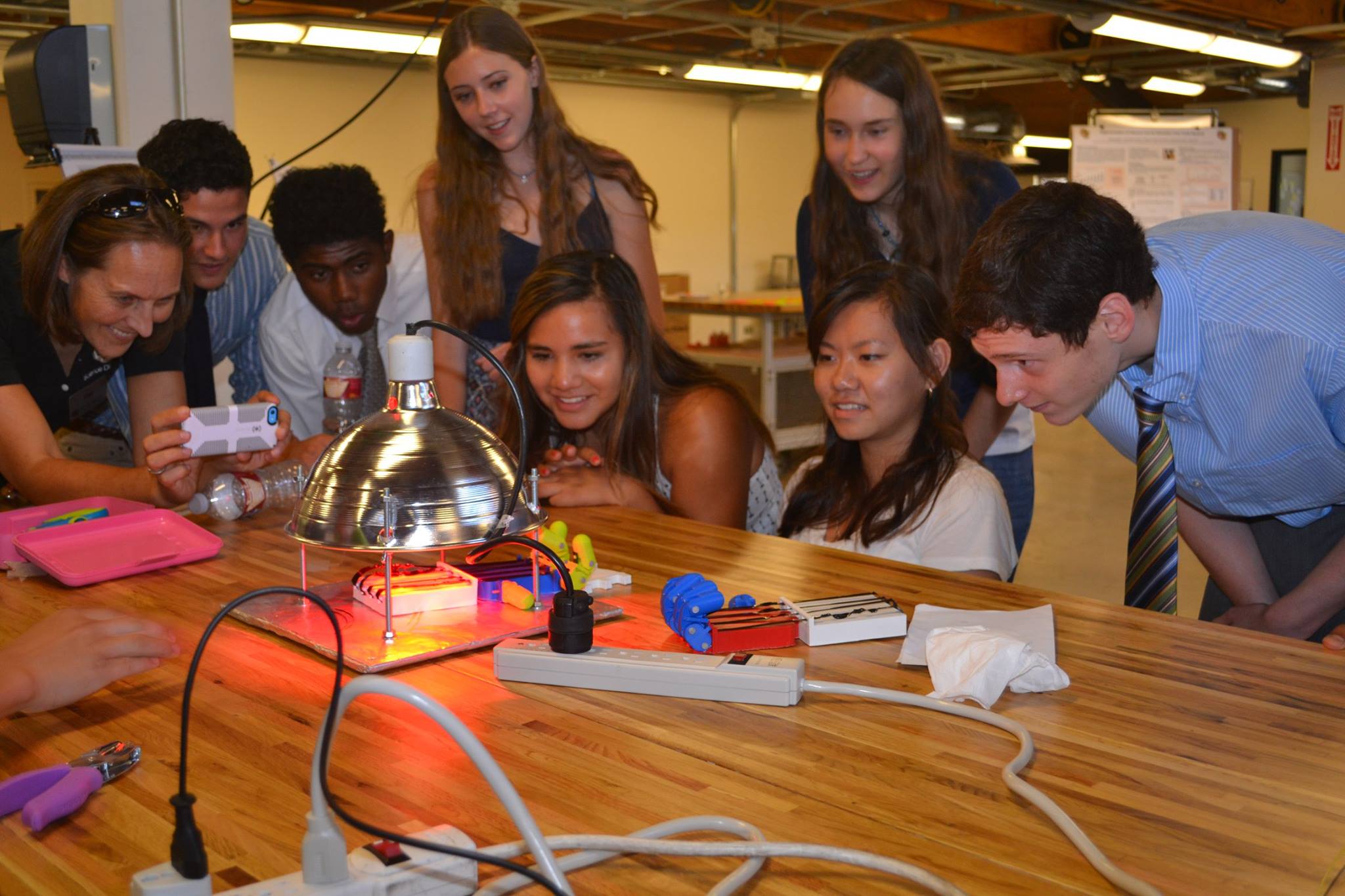
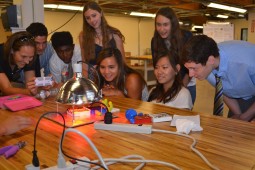
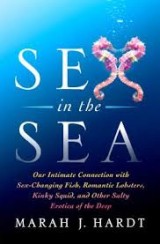 Sex & Evolution Beneath the Waves (start time: 14:45) Ever wonder about the sex lives of gender-bending fish, desperately virgin elephant seals, and other creatures of the sea? Marine ecologist
Sex & Evolution Beneath the Waves (start time: 14:45) Ever wonder about the sex lives of gender-bending fish, desperately virgin elephant seals, and other creatures of the sea? Marine ecologist 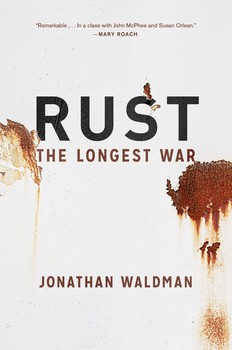
 On today’s spring pledge-drive show we offer segments of two feature interviews. See extended versions also below. Both books are available to those who pledge at least $60 to KGNU. Call 303.449.4885 today.
On today’s spring pledge-drive show we offer segments of two feature interviews. See extended versions also below. Both books are available to those who pledge at least $60 to KGNU. Call 303.449.4885 today.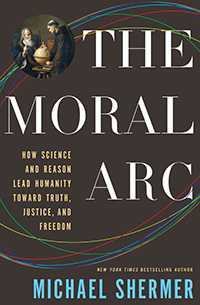 The Moral Arc (start time: 13:21) Author and renowned skeptic Michael Shermer talks with How On Earth contributor Shelley Schlender about his
The Moral Arc (start time: 13:21) Author and renowned skeptic Michael Shermer talks with How On Earth contributor Shelley Schlender about his 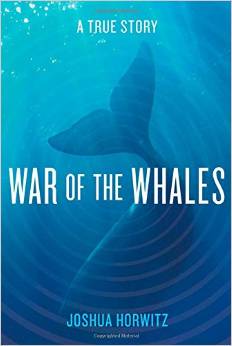


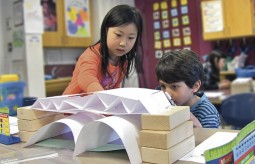 Feature #1: (start time 5:53) STEM, as you may well know, stands for
Feature #1: (start time 5:53) STEM, as you may well know, stands for 
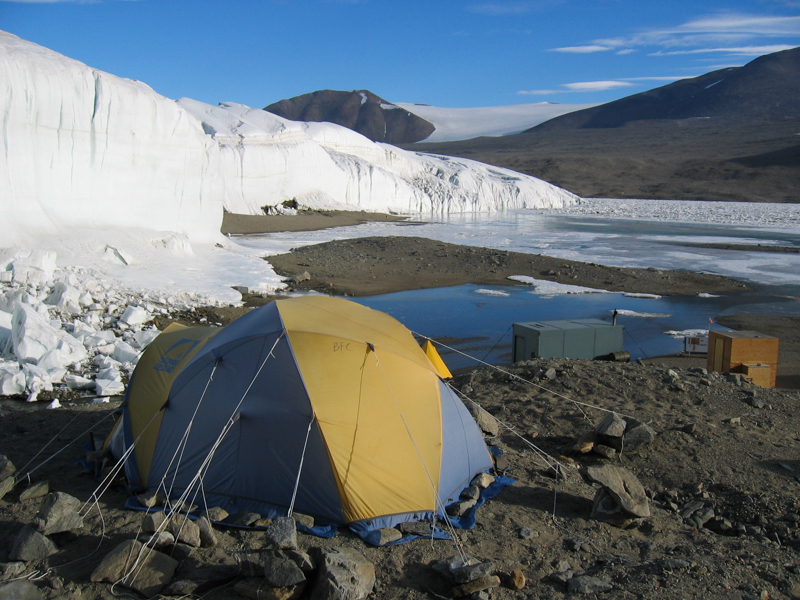

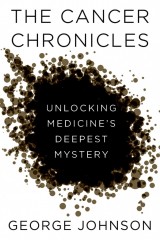 Feature 2 – The Cancer Chronicles (start time 12:22): In his new book,
Feature 2 – The Cancer Chronicles (start time 12:22): In his new book,